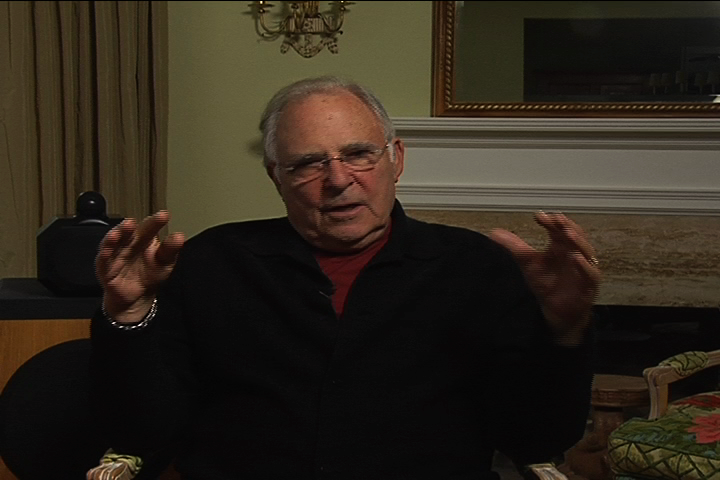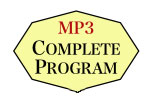 |
Paul Ekman... scientist and emotions researcher. For more than 4 decades psychologist Paul Ekman has been researching emotions and their expression in the human face. His most recent book, Emotional Awareness, was written in collaboration with His Holiness the Dalai Lama. Time magazine included Dr. Ekman as one of the 100 most influential people of 2009. The author of many books, he is also the science advisorto the television series Lie to Me and is the model for the series' protagonist. He regularly critiques that program on the program website. |
Full video of Paul Ekman: the Dalai Lama and Dreams of Darwin - in 4 Parts
Want to regulate your emotions? First, learn to be aware of your impulses, says Paul Ekman. He is co-author Emotional Awareness: Achieving Psychological Balance and Compassion with His Holiness the Dalai Lama, and the world’s leading authority on the expression of human emotions.
“Key to regulating our emotions is being able to choose whether or not to engage. Typically we don't choose. Everybody would love to have that choice. Do I care enough? Does it make a difference or should I just let it pass by?
“The ability to make that choice is a skill which you have to learn. And then you have to practice like a concert pianist has to practice. Every day.
“However, if you learn impulse awareness, as impulses arise you become conscious and make the choice. ‘Am I going to engage or am I not going to?’ ‘My wife is very angry at me today, but I'm not going to get angry back. And in fact I'm not going to be willing to talk about what she's angry about until she gets past the anger, so we can deal with it with
Approaching this challenge from the both the scientific and the Buddhist perspective, Dr. Ekman acknowledges this is hard work.
“Particularly when it comes to our emotions, how we behave in part is the result of phylogenetic influences. Emotions are shared with other animals and reflect our history as hunters and gatherers. We respond to threats in milliseconds because nature did not want us stopping to think about how we might response to a saber tooth tiger -- we would never have survived. So we have these mechanisms for dealing with sudden threats, threats that have to be dealt with automatically, without conscious thought.
“Now language is a great tool when used in an intelligent way for understanding our emotions. And it can also get in our way. Why? Because we can become totally preoccupied with the words and the thoughts and lose touch with our feelings.”
In addition to writing Emotional Awareness with the Dalai Lama, Dr. Ekman also shares much else with him.
“The global view has in some sense caught up to the Buddhist view of interdependence. In the 17th, 18th, 19th century thinking, you could get away with thinking it’s just for me, my clan, fellow Englishmen or Americans, whatever. Not anymore.
“I don't know if there is a chance for world peace or not, but we have to do what we can toward achieving it. We have to find a way to stop killing each other. We have to find a way to stop destroying the planet. We can no longer afford to pollute. Global warming will ruin all of our lives and the lives of our children if we don't stop it. If we don’t bring nuclear weapons and their proliferation under control, we're going to kill a lot more than we want to kill.”
Can one individual can make a difference in the face of such challenges?
“Yes! The nature of the difference is going to depend on the individual. The Dalai Lama believes it’s step by step, person by person, individually and you don't have to be the most talented person in the world to do it. And I agree with him when he says, ‘You cannot abandon violence, you cannot have compassion if you have self-hatred.’
“Are we up to the challenge? Will we succeed? I don't know but I'll try. That's all you can do.”
[This Program was recorded September 28, 2009, in Vancouver, BC, Canada.]
audio content:
Conversation 1 |
Conversation 2 |
Conversation 3 |
Conversation 4 |
13:21 |
|||
 |
 |
 |
 |

